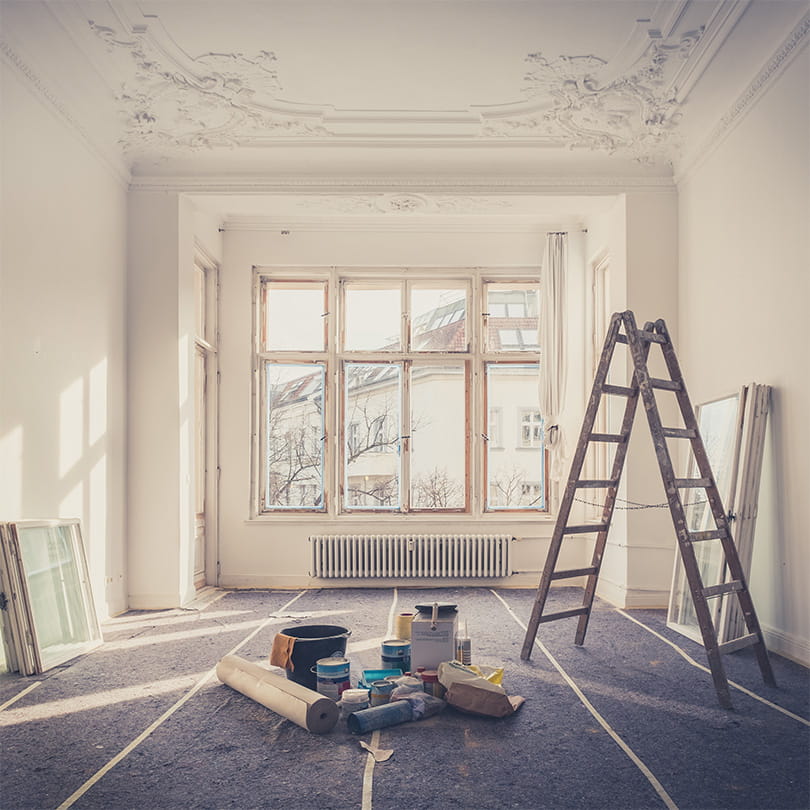The European Union is committed to developing sustainable, competitive, secure and decarbonised energy systems for building stock. Today, buildings and their residents account for 40 percent of energy usage and 36 percent of greenhouse gas (GHG) emissions in Europe. This amount needs to be further reduced with the aim of lowering carbon dioxide emissions and phasing out the use of fossil fuels. Today, 10 March 2020, the EU member states are to establish long-term strategies with targets for 2030, 2040 and 2050.
Purmo Group, as one of the leading companies in the European HVAC industry, is taking a multi-pronged approach to finding solutions that align with the European Union’s aims. Our study identifies deep renovation concepts for apartment buildings in each climate area in north, central and southern Europe. Evaluations of the concepts with the most potential were carried out together with Professor Michele De Carli from the University of Padua, Professor Clemens Felsmann from Dresden University of Technology, and Professor Jarek Kurnitski from Tallinn University of Technology.
Energy efficient heating and ventilation solutions that ensure a healthy indoor climate
With deep renovation concepts, the focus is on residential heating and ventilation solutions that can be installed without requiring residents to vacate their homes while the work is being done. All concepts rely on existing technology and are rooted in sustainable cost-efficiency.
Deep energy renovation changes the building's properties. As building becomes well-insulated and more airtight, it requires a mechanical ventilation to obtain a healthy indoor climate and a heat recovery in order to achieve the desired improvement in energy performance. The heating system should be redesigned for the new operating conditions.
“How a deep renovated building works and ensures a good and healthy indoor climate and meets energy efficiency goals, mainly depends on the interaction between the heating system, in other words heat emitters and radiators, water flow and temperature controls, heat distribution pipework, and heat generation. One of the keys and one of the most energy-efficient improvements is switching to a low-temperature system and replacing the old heaters with modern low-temperature radiators. This provides significant energy efficiency benefits in heat production, not only in heat pumps but also in district heating and gas boilers. It has been verified, that with a low-temperature and dynamic-controlled radiator system the efficiency of heat pumps can be significantly improved and their electricity use easily reduced by 30 per cent or more,” says Mikko Iivonen, R&D Director at Purmo Group.
“This study with respected universities and professors in Europe provides sustainable methods for deep renovation that meet the goal set by the EU. Purmo Group provides leading sustainable radiant heating and cooling solutions for future needs,” says Perttu Louhiluoto, CEO at Purmo Group.
Media enquiries
Mikko Iivonen, R&D Director, Purmo Group. [email protected], +358 400 319 683.
We are Purmo Group, leader in sustainable indoor climate comfort solutions. Our comprehensive product offering includes radiators, towel warmers, underfloor heating, convectors, valves and controls. Our 3,300 industry professionals operate through more than 50 locations in 26 countries, manufacturing and distributing top quality products and solutions to our customers in more than 100 countries globally.



